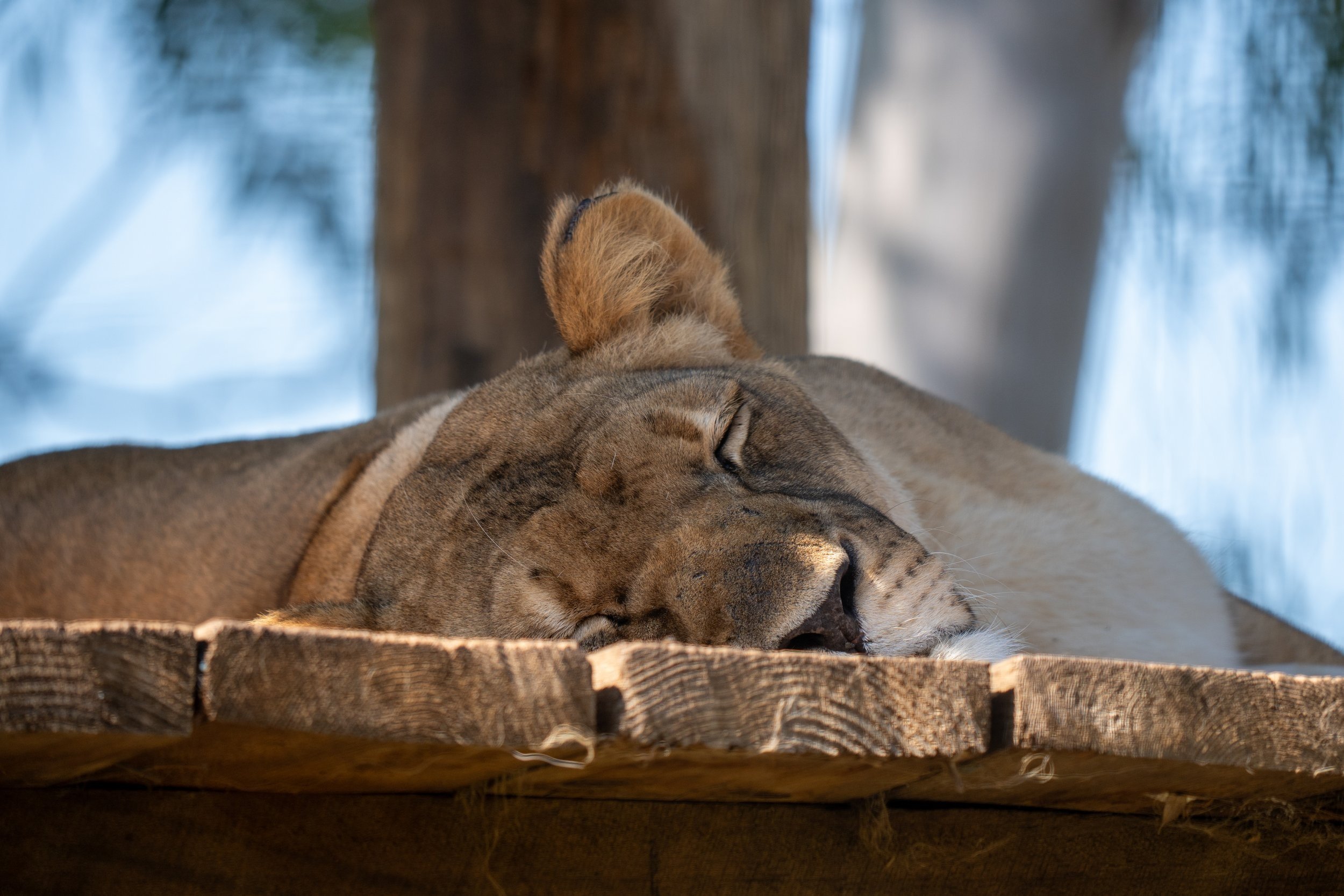
SUSTAINABILITY
SUSTAINABILITY AT ZAMBI.
Climate change, habitat loss and degradation threaten the lives of wildlife and ecosystems globally, but we can all help make a difference by making sustainable choices.
The ZAMBI Wildlife Foundation is committed to helping to make our planet healthy for the future of all living species. The strategies below have been implemented to ensure our facility is eco-friendly. We will continue to develop our sustainability into the future and help educate others.
ENERGY
At ZAMBI, we're proud to announce that we've just taken a major step toward sustainability with the installation of solar panels across our facility. This exciting milestone is part of our long-term goal to reduce energy costs and transition to clean, renewable energy by 2029.
We're also actively seeking additional funding and sponsorship to expand our solar capacity and further reduce our environmental footprint.
In our daily operations, we stay energy-conscious by using timers and switching off power sources whenever possible. Plus, we’ve embraced eco-friendly tools—battery-powered buggies, mowers, and equipment help us cut down on noise pollution and carbon emissions.
Together, we’re creating a cleaner, quieter, and more sustainable future for the animals in our care—and for the planet.
WATER SAVINGS
ZAMBI has rainwater storage tanks throughout the facility, totalling 54,000 litres of rainwater.
This water source is used for our animal enclosure misting systems, water gardens, lawns, and cleaning.
Tap timers when refilling ponds and pools and quality hose nozzles turned off when not in use reduce water wastage.
Regular checks on plumbing systems, including irrigation pipes, are maintained.
WASTE MANAGEMENT
ZAMBI is committed to reducing waste in landfills by reducing, re-using and recycling.
Minimising waste by improved planning and design of construction
Minimise the use of single-use products and opt for reusable items
Organic waste is composted to be used in gardens as fertiliser
Bottles, cans and plastics are recycled
Bone and meat scraps from carnivore diets are taken off-site in bins for recycling
Once discarded, Tree and plant browse used for animal enrichment is put through an on-site mulcher to be re-used as a natural substrate on the floors of aviaries and enclosures.
Dead or removed trees and stumps are re-purposed for animal enrichment and enclosure furnishings.
Leftover food scraps from bird and primate diets are reused to supplement our farm animal diets.


